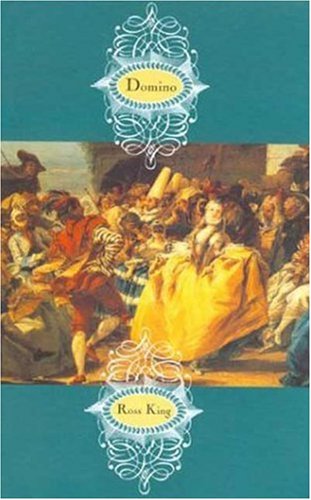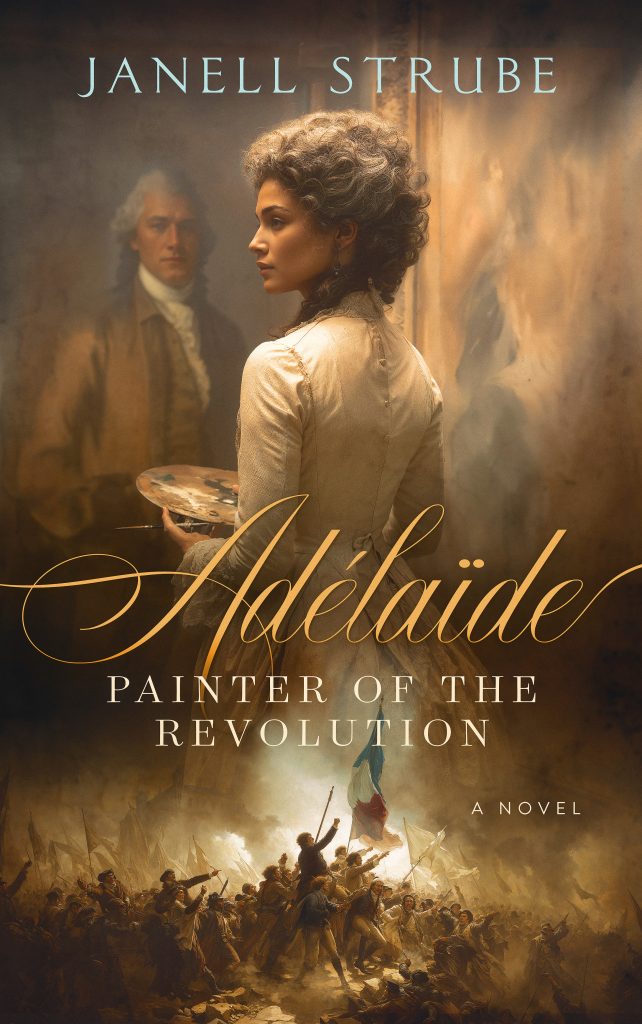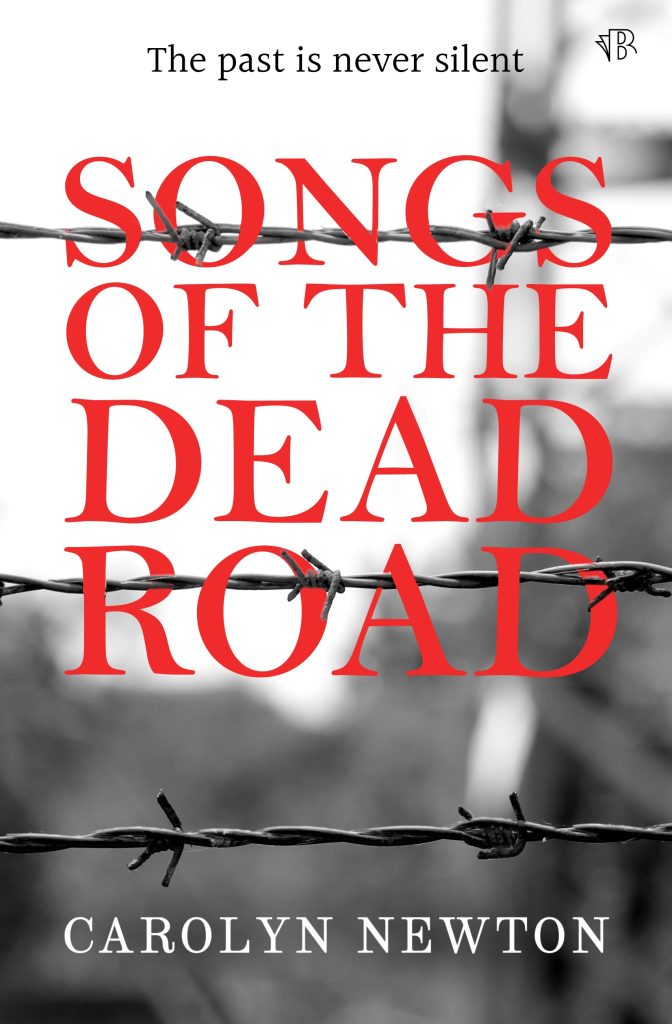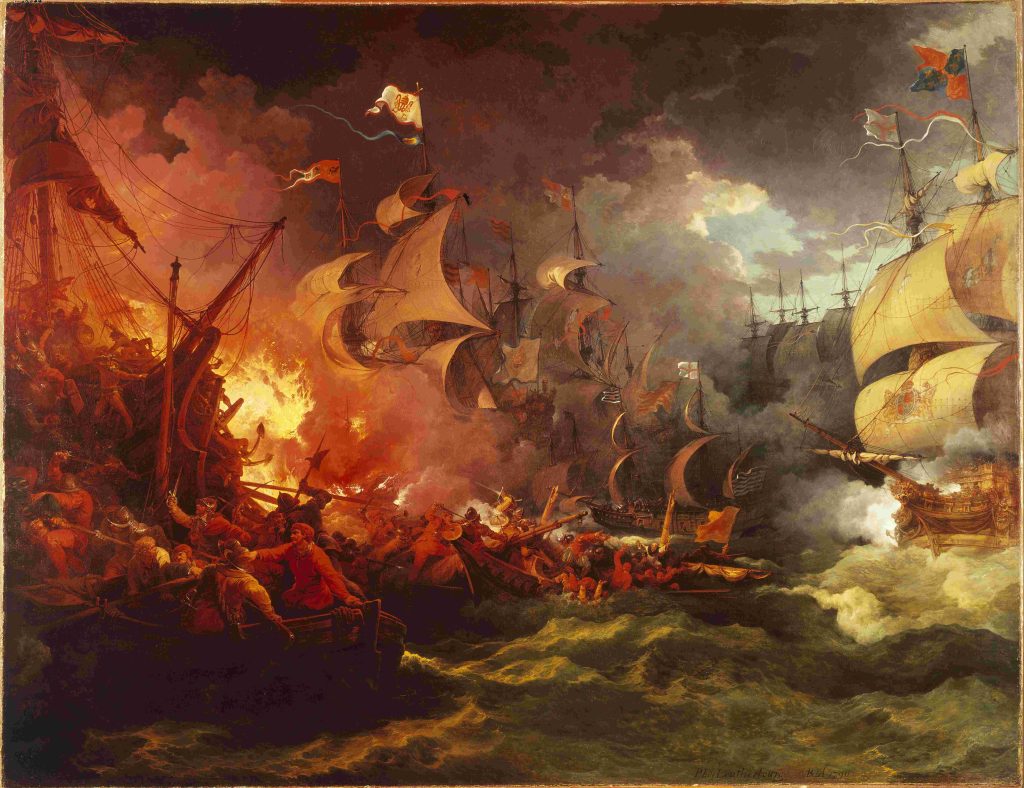Domino
In his novel of masquerades and the blurring of gender characteristics, Ross King does an admirable job of recreating the idiom and the culture of 18th-century London and Italy, but at the expense of accessibility. The story unfolds as a double narrative, as the painter-protagonist George Cautley describes his adventures and misadventures as an artist’s apprentice in London. In the process of telling his tale, he retells the story told to him by his own Scheherezade, the mysterious and tempting Lady Beauclair. Years ago, while posing for her portrait, her ladyship recounted the history of Tristano, a castrato singer, whose fame carried him from Milan to England.
As Cautley feels his way through the quagmire of London’s artistic community, he imbibes philosophy from the famous and from the books they lend him. He also champions–or tries to–Eleanora, his mentor’s mistress.
Constantly shifting from Tristano’s native Italy to England, and from Cautley’s present to the castrato’s past, the novel presents an accurate, detail-rich, and vibrant portrait of the era, its surface elegance and its seamier underside. The circuitous, 18th century writing style, archaic vocabulary, and convoluted relationships make demands of the reader. Moreover, the symbolism of masks, masquerade costumes (dominos), cosmetics, and wigs is a trifle overdone. As a work of historical fiction, it is flawed, but worthy of attention.










